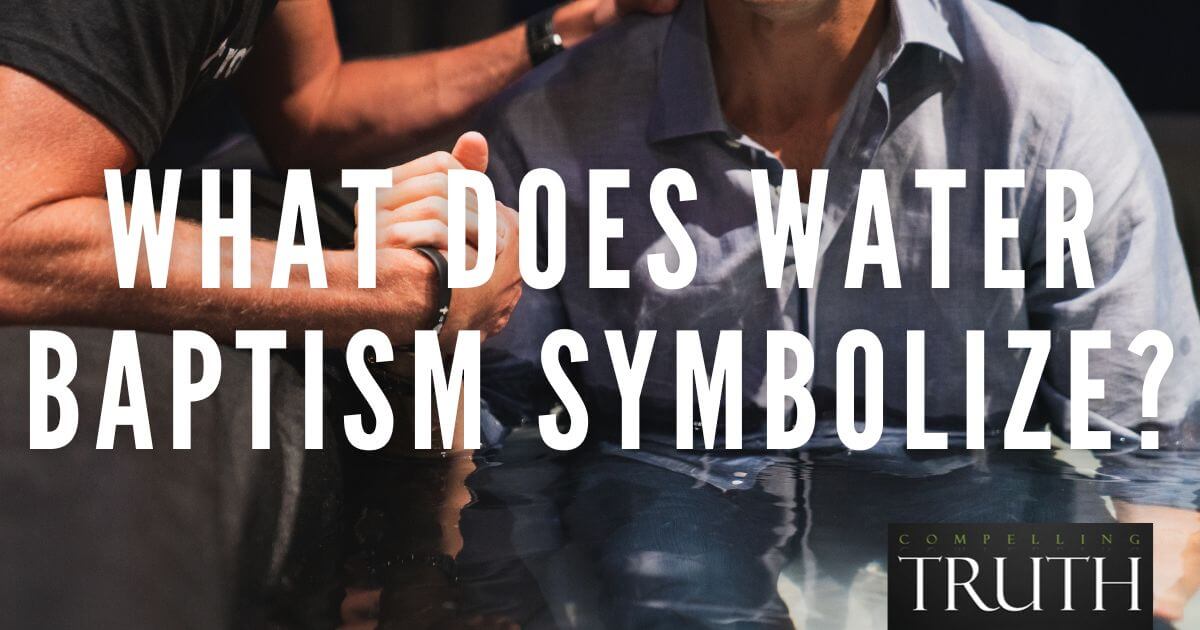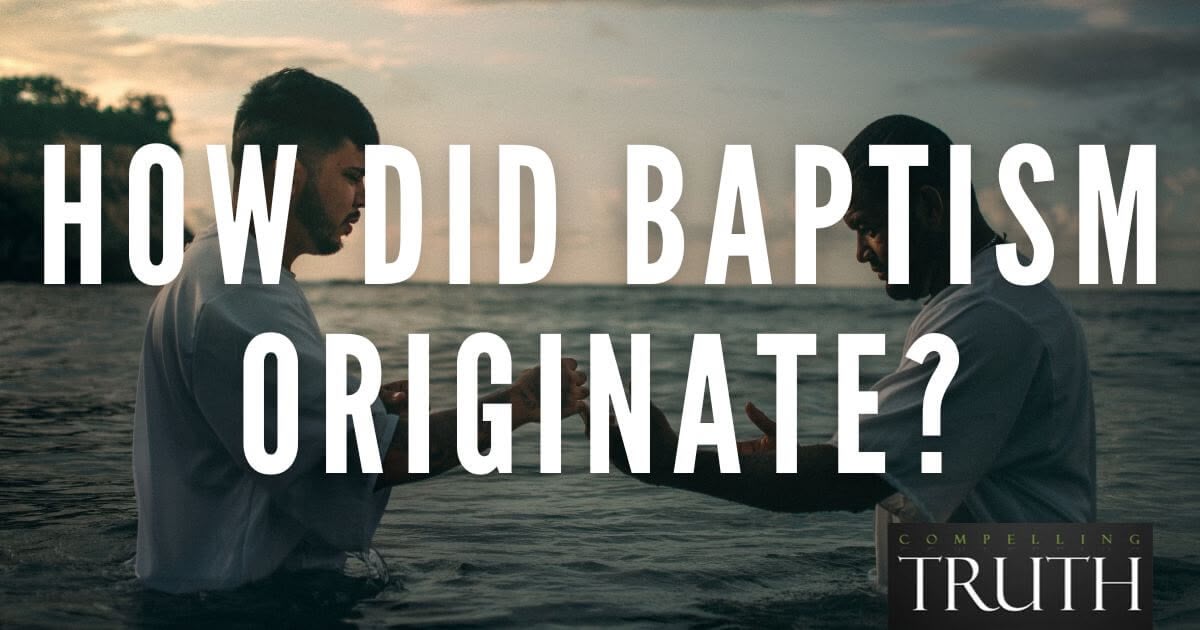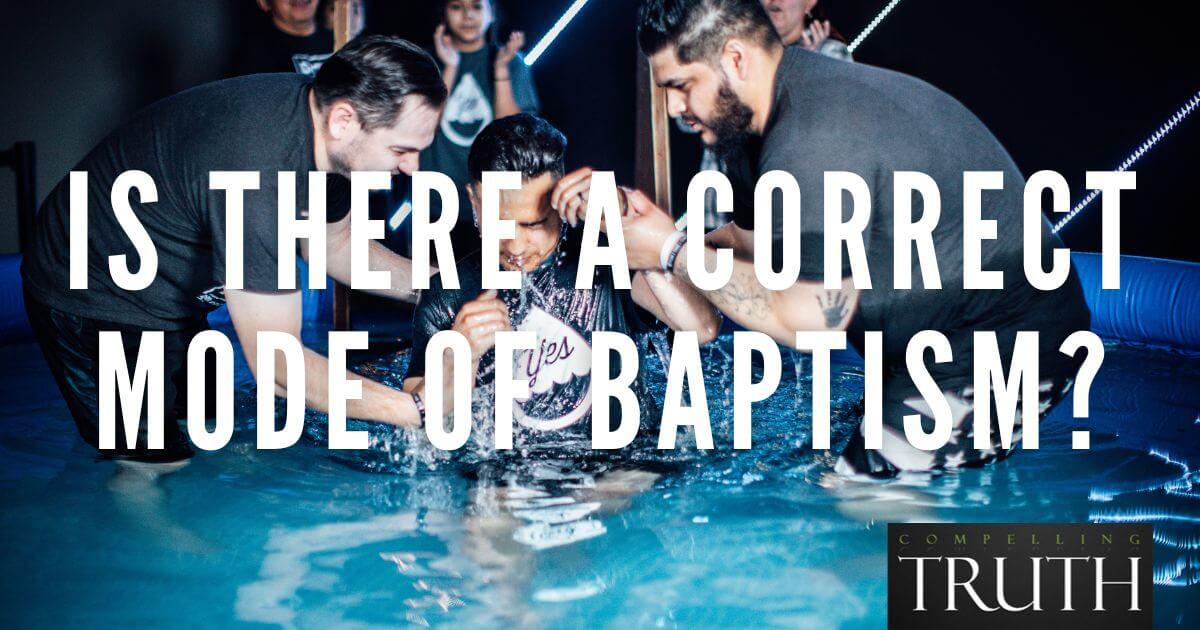The Bible is clear that when a person accepts Jesus as Lord, he should then be baptized in water. The time between confession of faith and baptism should be minimal. However, most churches today do not practice spontaneous baptism, or baptism immediately after conversion. So, is it necessary to be baptized right away after you have confessed your faith in Christ Jesus? Let's examine the issue.
Matthew 28:18–20 records Jesus' parting commands to His followers: "And Jesus came and said to them, 'All authority in heaven and on earth has been given to me. Go therefore and make disciples of all nations, baptizing them in the name of the Father and of the Son and of the Holy Spirit, teaching them to observe all that I have commanded you. And behold, I am with you always, to the end of the age.'" Clearly new believers are to be baptized.
If we look in the book of Acts, there are many instances of immediate baptisms after conversions of faith. In Acts 2:38–41, three thousand people were baptized when the church began at Pentecost. In Acts 8:26–40, an Ethiopian eunuch came to faith in Christ through the witness of Philip, who had been instructed to travel toward Gaza so that he would meet the eunuch on the way. They came upon water and the eunuch asked to be baptized; they stopped the chariot and Philip baptized him (Acts 8:36–38). Paul (then Saul), was baptized three days after he experienced Jesus (Acts 9). Lydia in Acts 16:15 and the Philippian jailer and his family Acts 16:33 are other examples. Immediate, or relatively close to immediate, baptism appears to be the biblical norm and was a common practice of the early church.
During the third and fourth centuries, baptism practices changed, largely in response to various heresies. Previously, new believers would be baptized and then receive doctrinal instruction. But churches began requiring doctrinal instruction prior to baptism. At times, this would take weeks, even months.
In the same fashion, there is some argument among churches today that a person should have complete understanding of salvation and even witness a baptism before going through the act themselves. For this reason, many churches offer classes and extended education to help clear any issues about belief and baptism. At the same time, there is also an emphasis on being baptized quickly after confession of faith. In part, this is because being baptized is a requirement in some churches before one can partake in communion (1 Corinthians 11:27–29), become a member of the congregation, or serve in a position of leadership.
There is no direct command in the Bible about when a person should be baptized. There is room for the leadership of each church to determine the best practice for their local congregation. It should also be noted that it is never too late to be baptized. If a person has come to salvation in Christ and not yet been baptized–even if it has been decades since their conversion—baptism remains an important act of obedience.
Matthew 28:18–20 records Jesus' parting commands to His followers: "And Jesus came and said to them, 'All authority in heaven and on earth has been given to me. Go therefore and make disciples of all nations, baptizing them in the name of the Father and of the Son and of the Holy Spirit, teaching them to observe all that I have commanded you. And behold, I am with you always, to the end of the age.'" Clearly new believers are to be baptized.
If we look in the book of Acts, there are many instances of immediate baptisms after conversions of faith. In Acts 2:38–41, three thousand people were baptized when the church began at Pentecost. In Acts 8:26–40, an Ethiopian eunuch came to faith in Christ through the witness of Philip, who had been instructed to travel toward Gaza so that he would meet the eunuch on the way. They came upon water and the eunuch asked to be baptized; they stopped the chariot and Philip baptized him (Acts 8:36–38). Paul (then Saul), was baptized three days after he experienced Jesus (Acts 9). Lydia in Acts 16:15 and the Philippian jailer and his family Acts 16:33 are other examples. Immediate, or relatively close to immediate, baptism appears to be the biblical norm and was a common practice of the early church.
During the third and fourth centuries, baptism practices changed, largely in response to various heresies. Previously, new believers would be baptized and then receive doctrinal instruction. But churches began requiring doctrinal instruction prior to baptism. At times, this would take weeks, even months.
In the same fashion, there is some argument among churches today that a person should have complete understanding of salvation and even witness a baptism before going through the act themselves. For this reason, many churches offer classes and extended education to help clear any issues about belief and baptism. At the same time, there is also an emphasis on being baptized quickly after confession of faith. In part, this is because being baptized is a requirement in some churches before one can partake in communion (1 Corinthians 11:27–29), become a member of the congregation, or serve in a position of leadership.
There is no direct command in the Bible about when a person should be baptized. There is room for the leadership of each church to determine the best practice for their local congregation. It should also be noted that it is never too late to be baptized. If a person has come to salvation in Christ and not yet been baptized–even if it has been decades since their conversion—baptism remains an important act of obedience.



